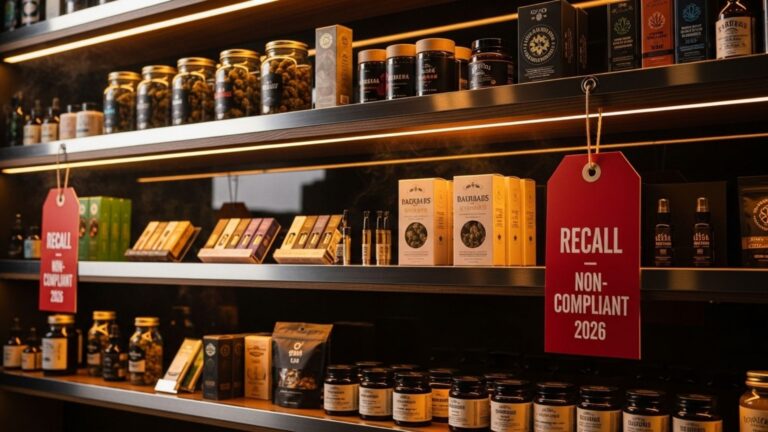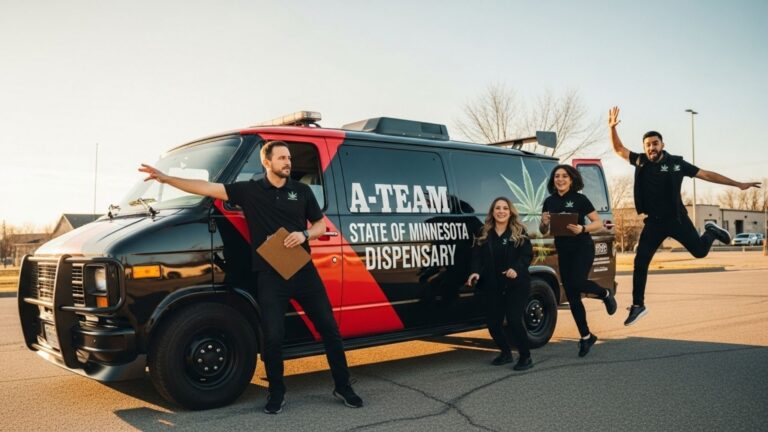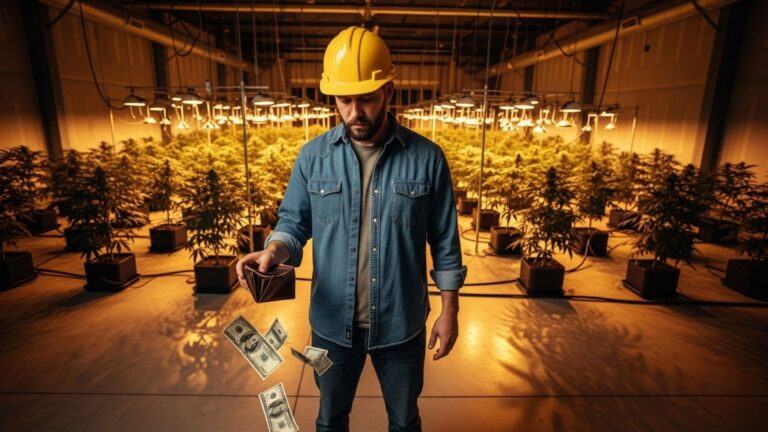Dreaming of opening a dispensary in the Land of 10,000 Lakes? Minnesota’s burgeoning adult-use cannabis market presents an exciting opportunity, but the journey to becoming a licensed retailer begins with a solid understanding of the foundational legal landscape. The 2024 Minnesota Statutes on Cannabis, alongside regulations from the Office of Cannabis Management (OCM), lay out the essential framework for cannabis retail. This guide will walk you through the fundamental aspects of the “Cannabis Retailer License,” helping you grasp the basics before you even think about submitting an application.
Defining Your Path: The Cannabis Retailer License
To effectively plan your dispensary, your first crucial step is to understand the precise definition and scope of the “Cannabis Retailer License” as outlined by the Office of Cannabis Management (OCM) and the state statutes.
1. Identifying Your Target: The “Cannabis Retailer License”
The Minnesota statutes clearly define a “Cannabis Retailer License” as a license issued by the OCM that grants authorization to sell adult-use cannabis flower and adult-use cannabis products directly to individuals aged 21 years or older. This is your specific target license category if your goal is direct-to-consumer sales.
It’s important to distinguish this from other license types within the cannabis ecosystem, such as cultivators (growers), manufacturers (processors), or wholesalers (distributors). While you’ll undoubtedly interact with these entities to source your products, your license is specifically for retail operations.
2. Understanding Your Inventory: What You Can Sell
As a licensed cannabis retailer in Minnesota, your authorization extends to selling:
- Adult-use cannabis flower: This refers to the harvested flower of a cannabis plant with a delta-9 tetrahydrocannabinol (THC) concentration exceeding 0.3% on a dry weight basis.
- Adult-use cannabis products: This is a broader category encompassing a wide array of products derived from cannabis, including edibles, concentrates, vapes, tinctures, and topicals. Like cannabis flower, these products must also have a THC concentration above the 0.3% hemp threshold.
- Hemp-derived cannabinoid products and cannabis paraphernalia: Minnesota’s regulations also bring these items under OCM oversight for sale within licensed dispensaries, meaning you’ll likely be able to offer a comprehensive selection to your customers.
3. Navigating the Regulatory Landscape: Your Primary Oversight Body
Your primary point of contact and oversight throughout your journey will be the Office of Cannabis Management (OCM). This is the central authority responsible for:
- Issuing your cannabis retailer license.
- Establishing and enforcing the operational rules for dispensaries.
- Conducting inspections to ensure compliance.
- Investigating and enforcing violations.
Every future “how-to” step, from application to daily operations, will be governed by OCM regulations. Staying informed about their guidelines and updates is paramount.
4. Upholding Responsibility: Age Restrictions
A cornerstone of responsible cannabis retail in Minnesota is the strict prohibition against selling to anyone under the age of 21. As a future licensee, you will be required to implement robust age verification processes, details of which the OCM will thoroughly outline. Compliance with this age restriction is non-negotiable.
5. Embracing Traceability: The “Seed-to-Sale” Context
While you operate as the “end of the line” for consumers, your products have a journey that originates with licensed cultivators and manufacturers. Minnesota’s regulatory framework emphasizes a “seed-to-sale” tracking system. This means you will be mandated to utilize a statewide monitoring system to meticulously track all cannabis products received, sold, and disposed of. This comprehensive traceability ensures product integrity, prevents diversion to the illicit market, and allows for effective recalls if necessary.
Conclusion: Your First Step Towards a Minnesota Dispensary
Embarking on the path to open a dispensary in Minnesota demands a clear and fundamental understanding of the legal definitions and the pivotal role of the Office of Cannabis Management. By thoroughly grasping what a Cannabis Retailer License permits and prohibits, you are laying a strong foundation to navigate the more intricate application processes, operational requirements, and compliance standards that lie ahead. This basic understanding is not just a formality; it’s your essential first step toward becoming a successful and compliant cannabis retailer in Minnesota. Stay tuned for future guides that will delve deeper into the application process and operational specifics!
Book a strategy meeting with one of our cannabis CPAs today.
You bring the vision—we’ll help protect the profit.




